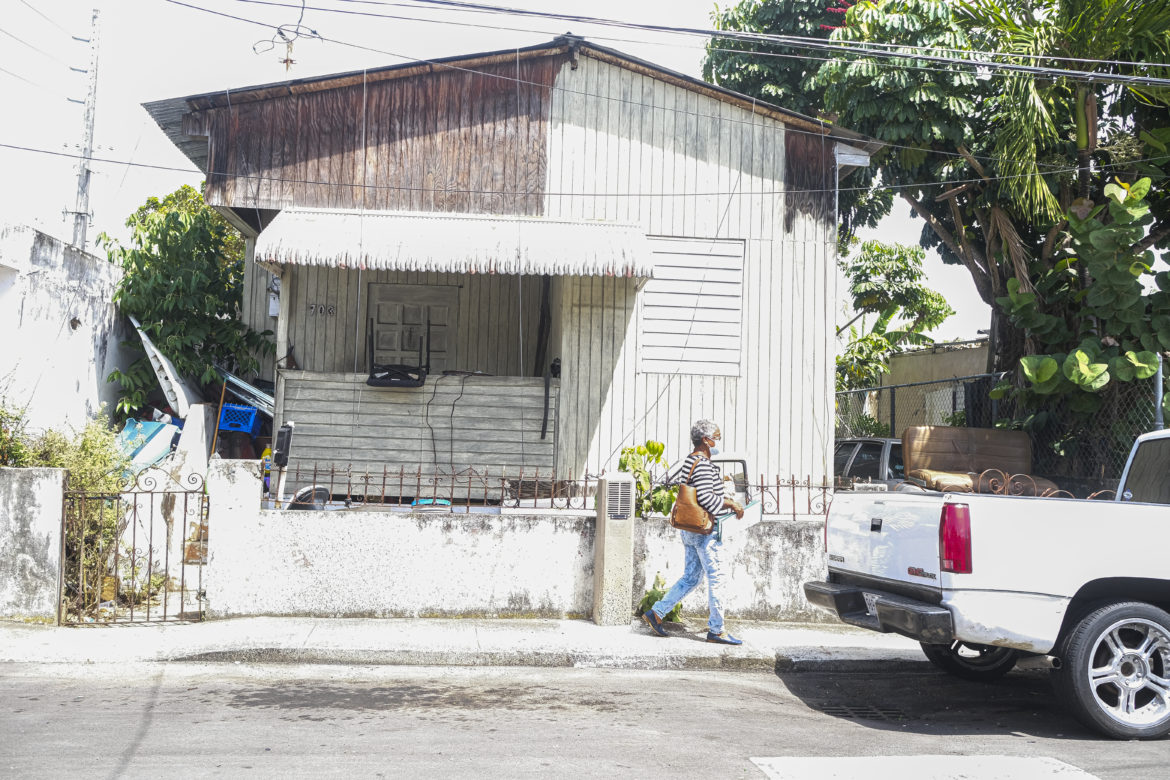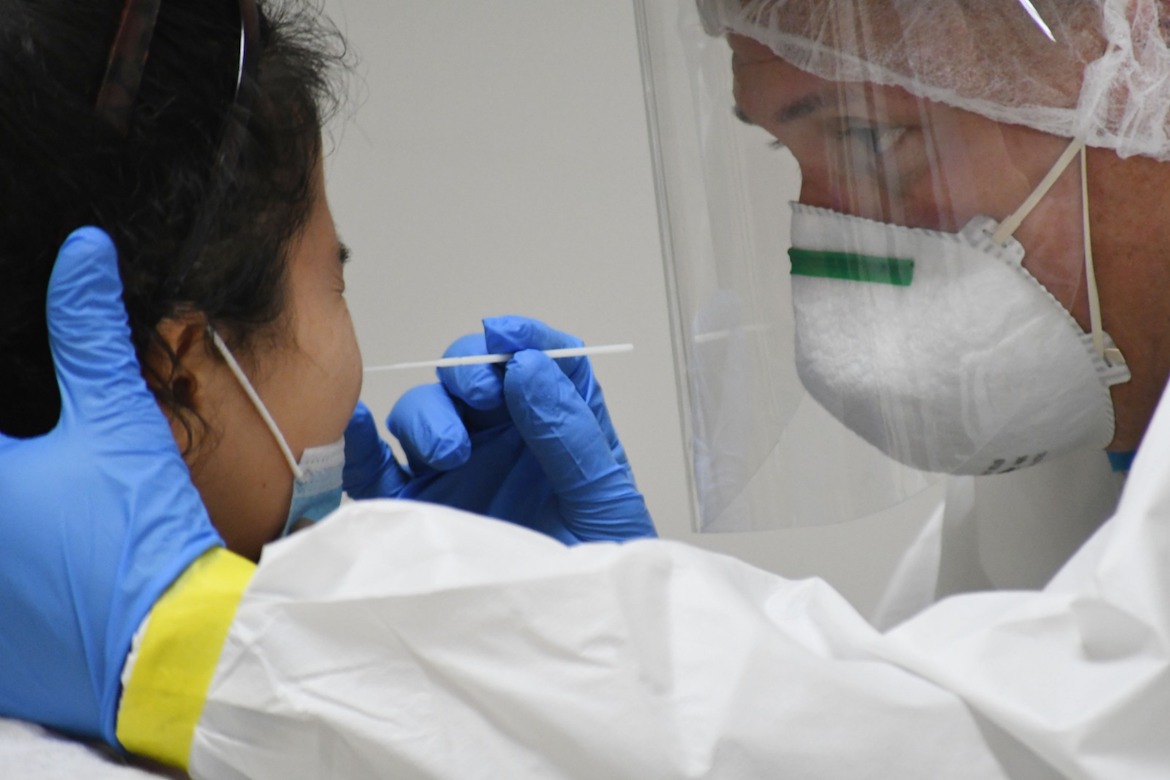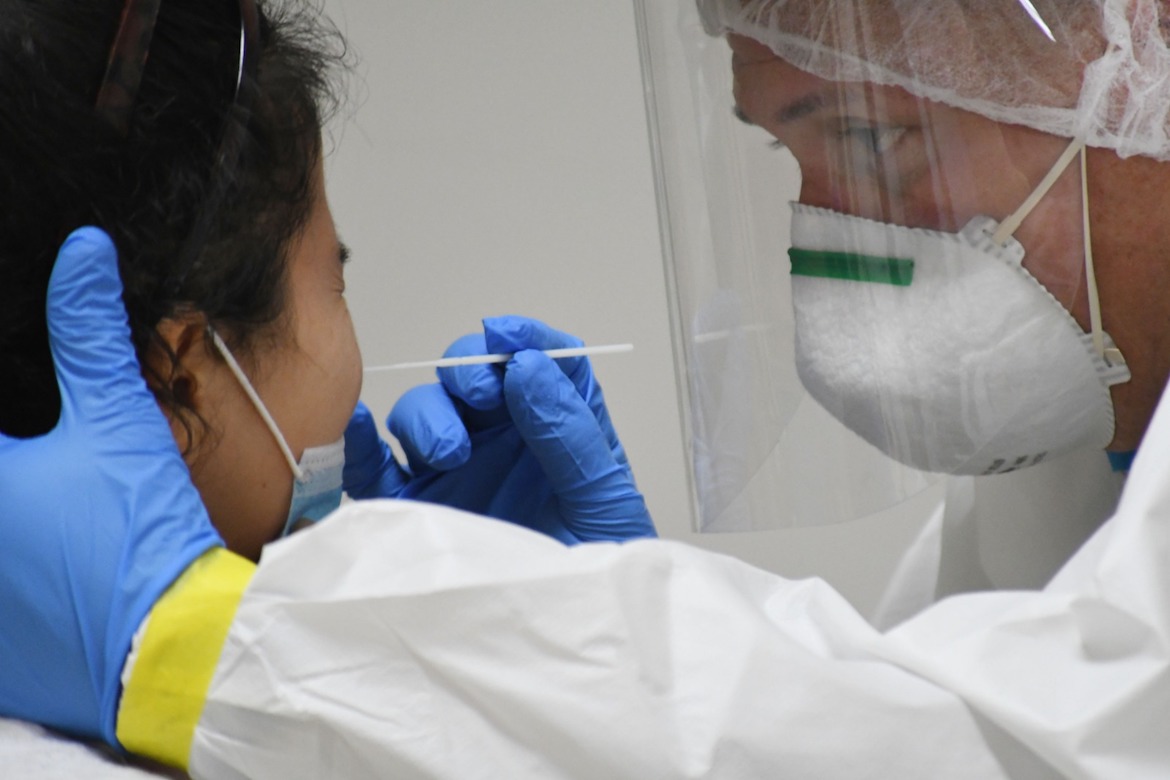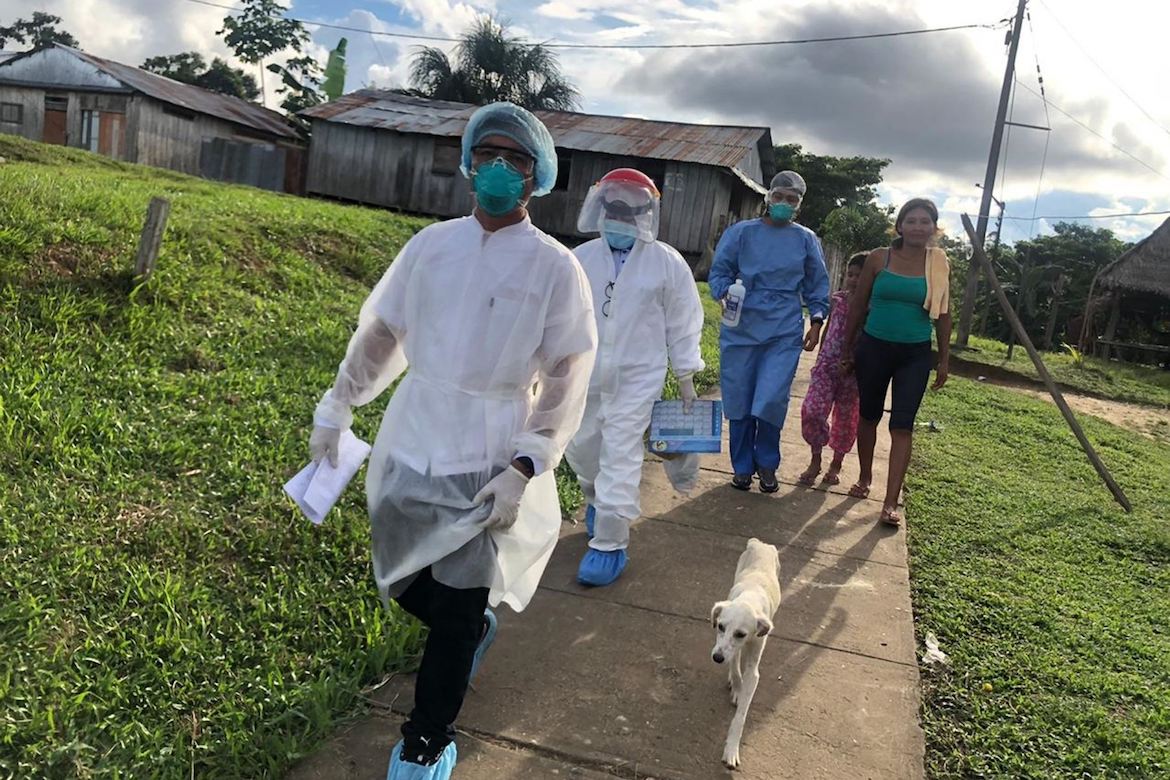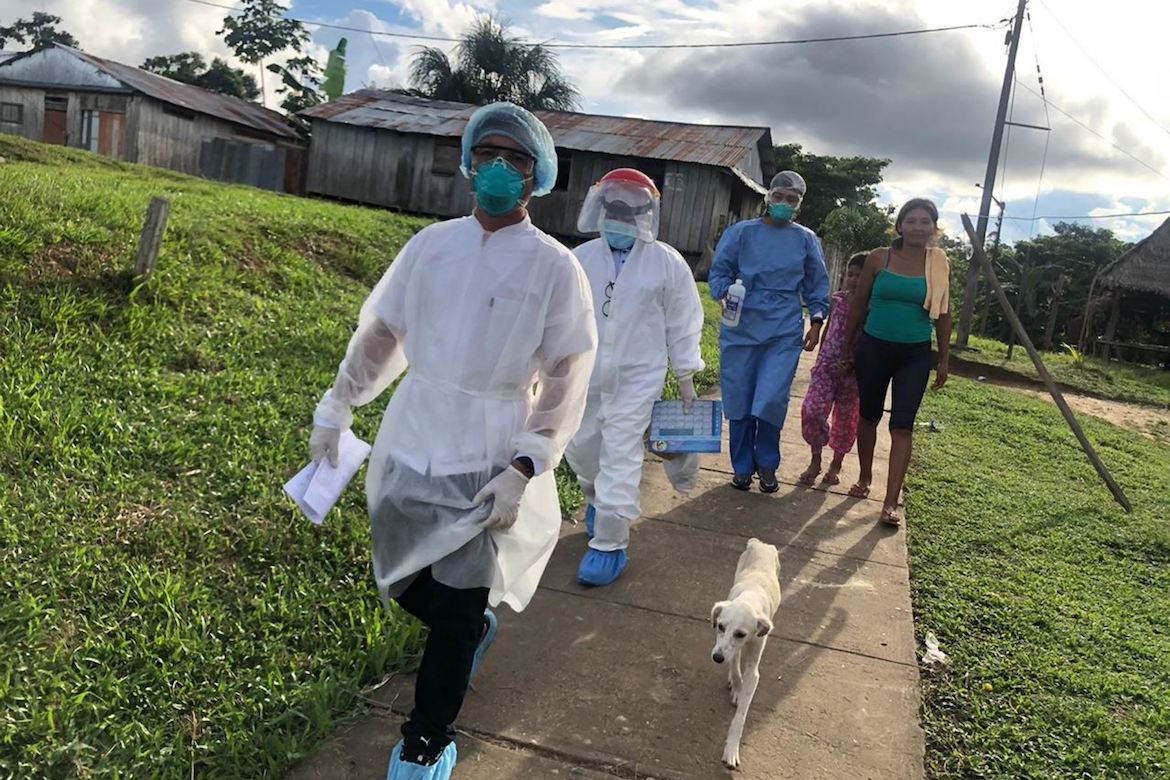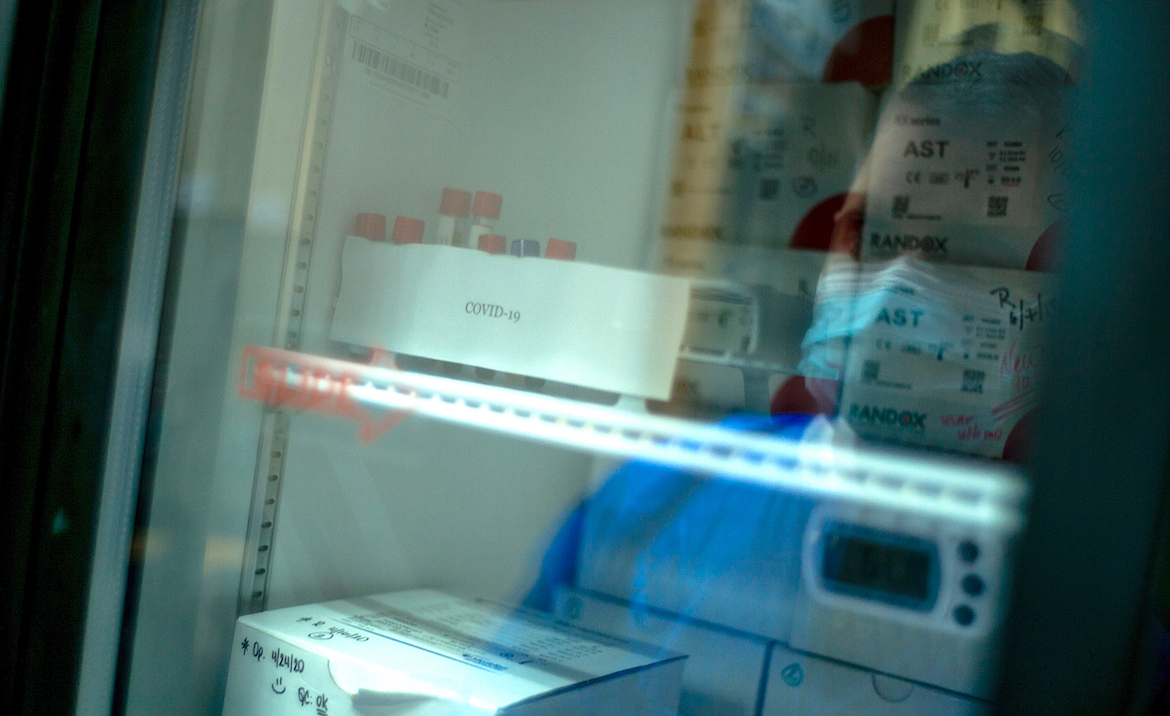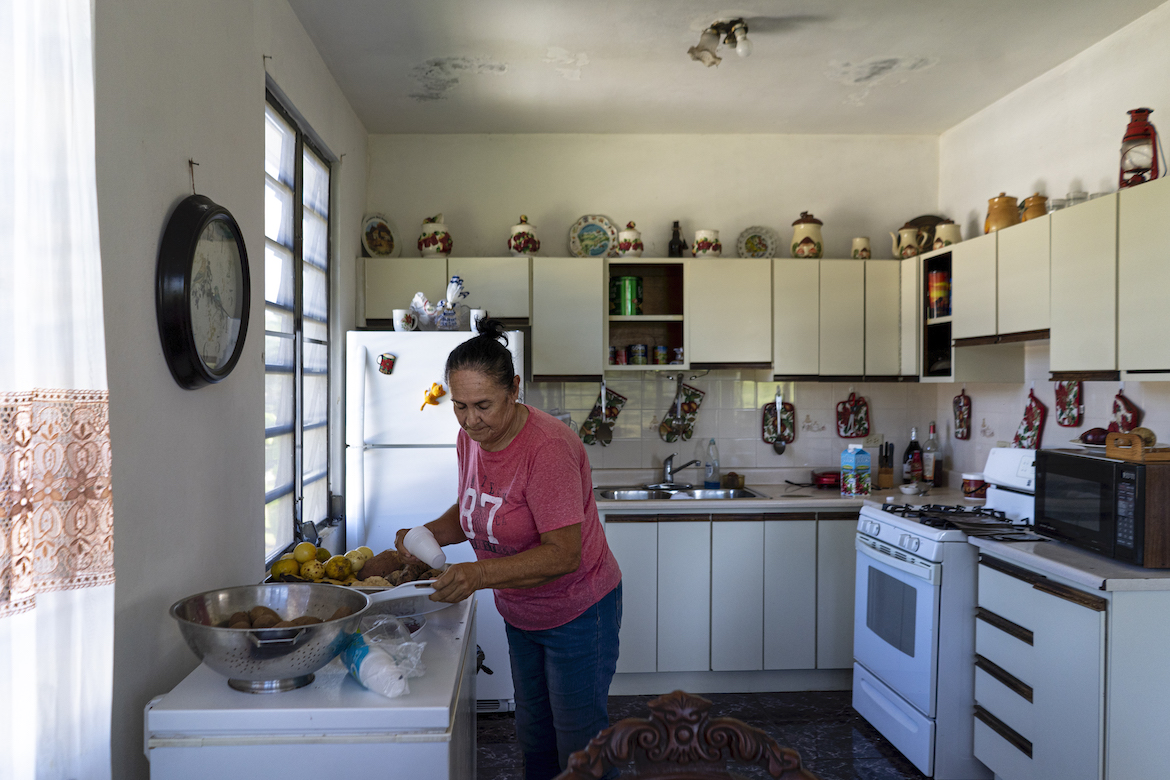English
Puerto Rico residents say they answered the 2020 census. The government keeps asking again.
|
In Barrio Obrero Marina, a working class neighborhood of San Juan, the U.S. Census Bureau said that fewer than one in 10 households had answered the 2020 census by mid-August. Community leader Carmen Febres Alméstica set out to see if the government was right. Wearing a face mask under the midday sun, Febres Alméstica, who chairs a local residents’ organization, began on Argentina Street. A woman named Raquel Pérez, her dog barking non-stop behind her small entrance gate, greeted Febres Alméstica from a balcony. Pérez said her daughter filled out a census form for her.


